I think it’s fair to start by comparing Warwick Thornton’s Sweet Country to John Hillcoat’s The Proposition (2005), namely because they share a setting (the Australian Outback) and a sensibility (stark, unflinching realism), not to mention a genre (one influenced by the American Western). But, where Hillcoat’s film was aggressive in its violence and outright grunginess, Thornton has made a film that’s no less stark, but quieter and more emotionally affecting, making for a more powerful moviegoing experience.
It’s tricky for me to call Sweet Country quiet, however, because I think this denies its actual power. Besides Sam Neill belting out a very off-key rendition of “Jesus Loves Me,” the film has no music, something that’s noticeable and makes for a desolate, nearly joyless tone to the movie. And this is fitting, since the movie is dealing with death, violence, injustice, slavery and racism while juxtaposing these things against the backdrop of Western “civilization” as it encroaches on aboriginal culture in Australia.
The film touches on the subjects (well, everything but the violence and racism) with a deft hand, never feeling preachy — one of the ways the movie’s quiet tone makes for a nuanced result. The setup isn’t superoriginal, centering on Sam (newcomer Hamilton Kelly), an aboriginal worker who justly kills a drunken, violent white man (Ewen Leslie, The Railway Man) and escapes into the wilderness with his wife (Natassia Gorey Furber). On their trail, among others, is Sgt. Fletcher (Bryan Brown, Cocktail) and Sam’s devoutly Christian boss, Fred (Neill).
While it doesn’t sound like much as a jumping-off point, it’s what Thornton and company do with this foundation that makes the film powerful. As I said, this is a quiet movie with bursts of violence, set in a world that’s nearly lawless and which seems lacking in justice, even when justice is served. It’s pertinent in this way without being heavy-handed, since a film about Australia 100 years ago can still feel topical today.
Almost all of the violence is foreshadowed in quick flash-forwards that create a sense of tension and dread within the movie since much of Sweet Country is centered on the idea that terror is always around the corner. But it also leads to some of the film’s briefest, most beautiful moments, like Fred feeling rain for the first time at the end of a drought. As a whole, for a movie that’s so desolate and even occasionally frighteningly grotesque, there is a sense of humanity and hope at the edges. Not much, but it is there.
None of it adds up to a film that I’d call entertaining by any means, at least not traditionally. It’s pacing is slow and it’s subject matter, which really digs at Australia’s unclaimed history of slavery and racism, is not light. But, as a complete piece of work, it’s a film that has a rare ability to stick with you. Rated R for violence, bloody images and for language throughout. Now playing at Grail Moviehouse.

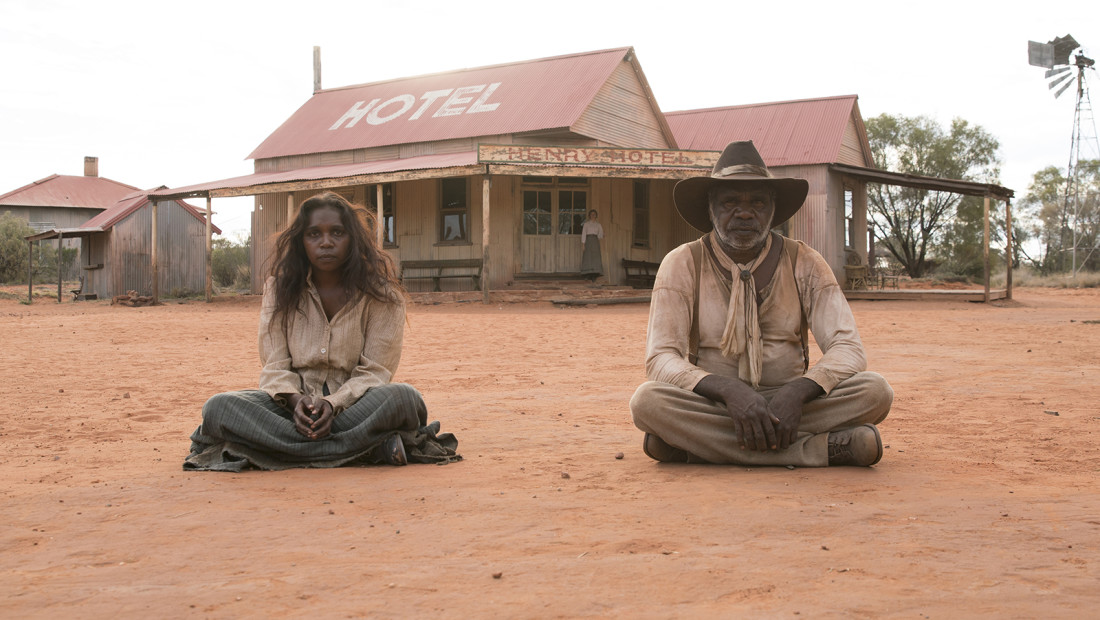
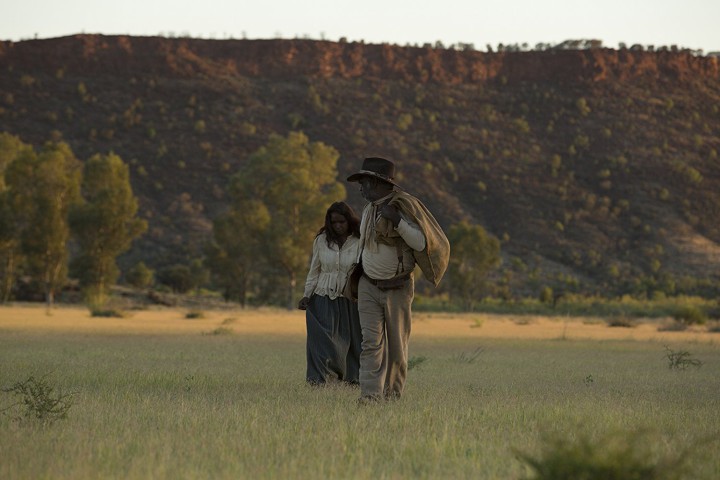
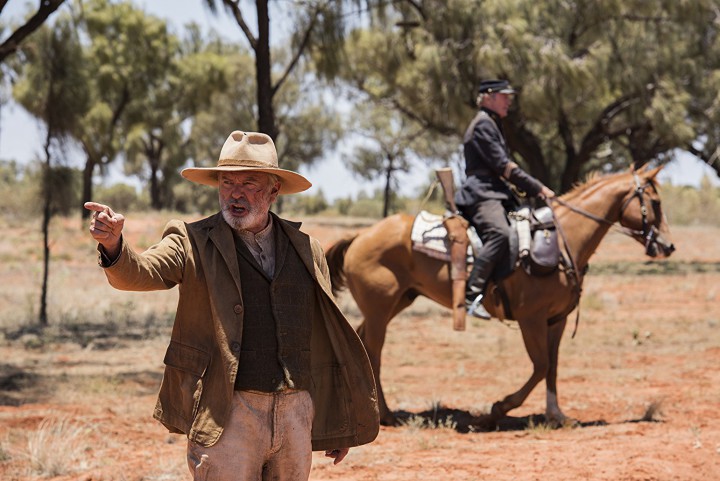

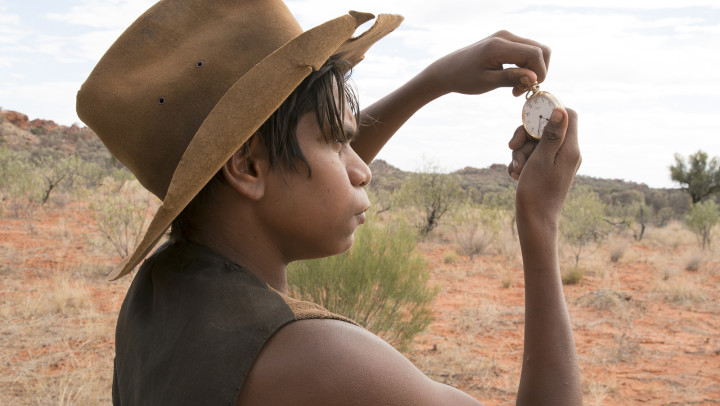
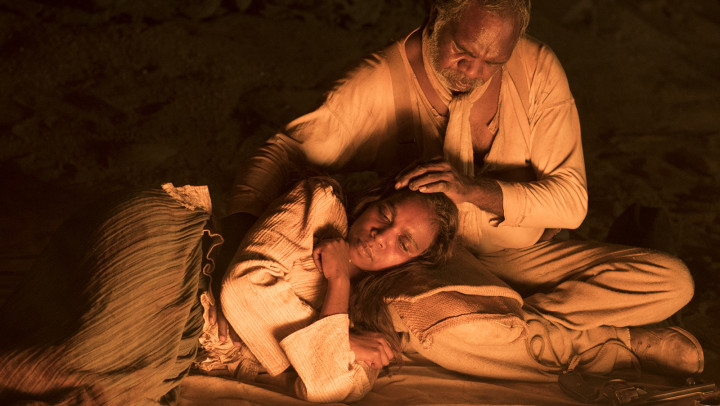
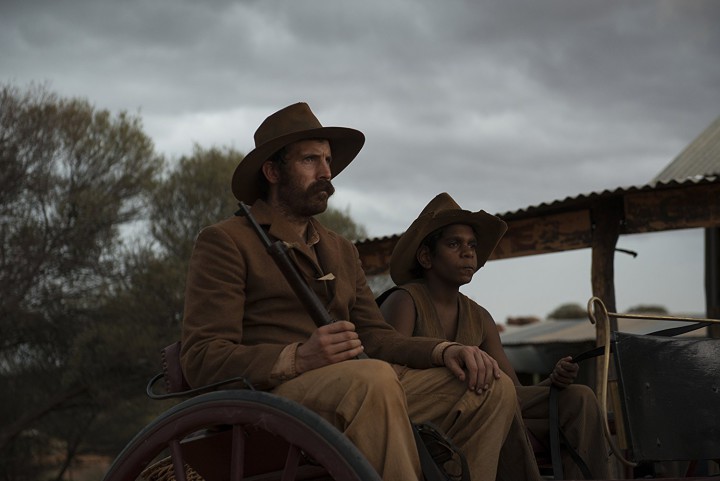
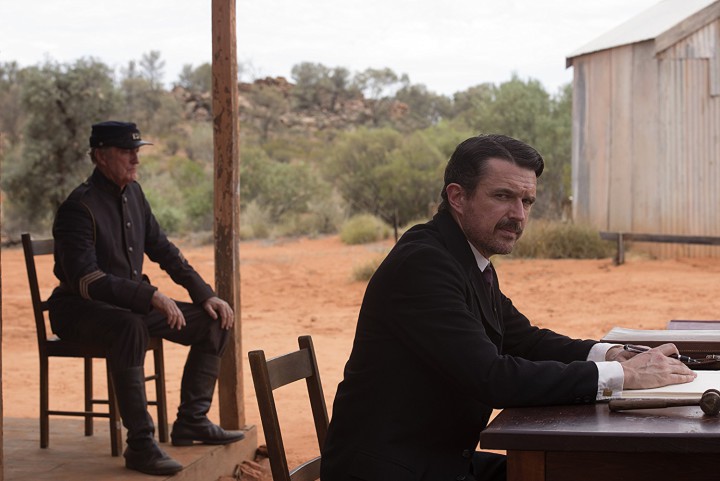

Before you comment
The comments section is here to provide a platform for civil dialogue on the issues we face together as a local community. Xpress is committed to offering this platform for all voices, but when the tone of the discussion gets nasty or strays off topic, we believe many people choose not to participate. Xpress editors are determined to moderate comments to ensure a constructive interchange is maintained. All comments judged not to be in keeping with the spirit of civil discourse will be removed and repeat violators will be banned. See here for our terms of service. Thank you for being part of this effort to promote respectful discussion.